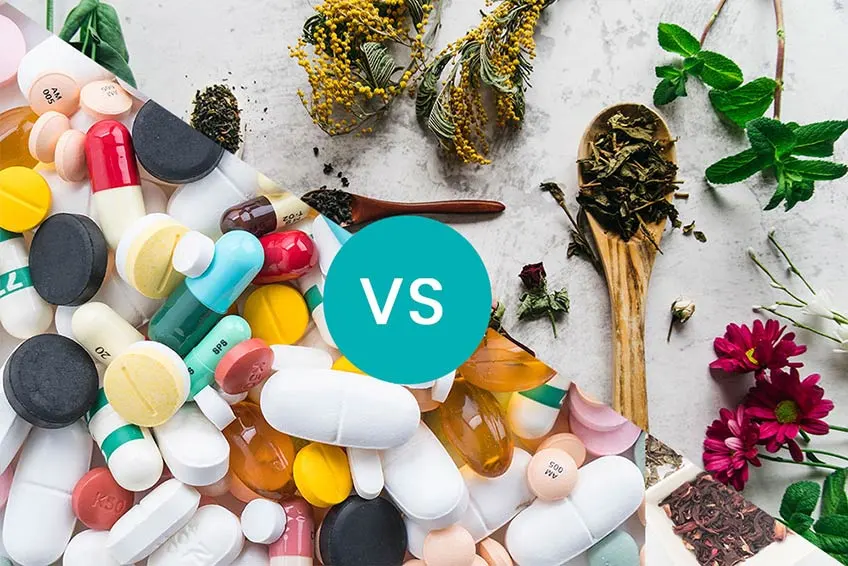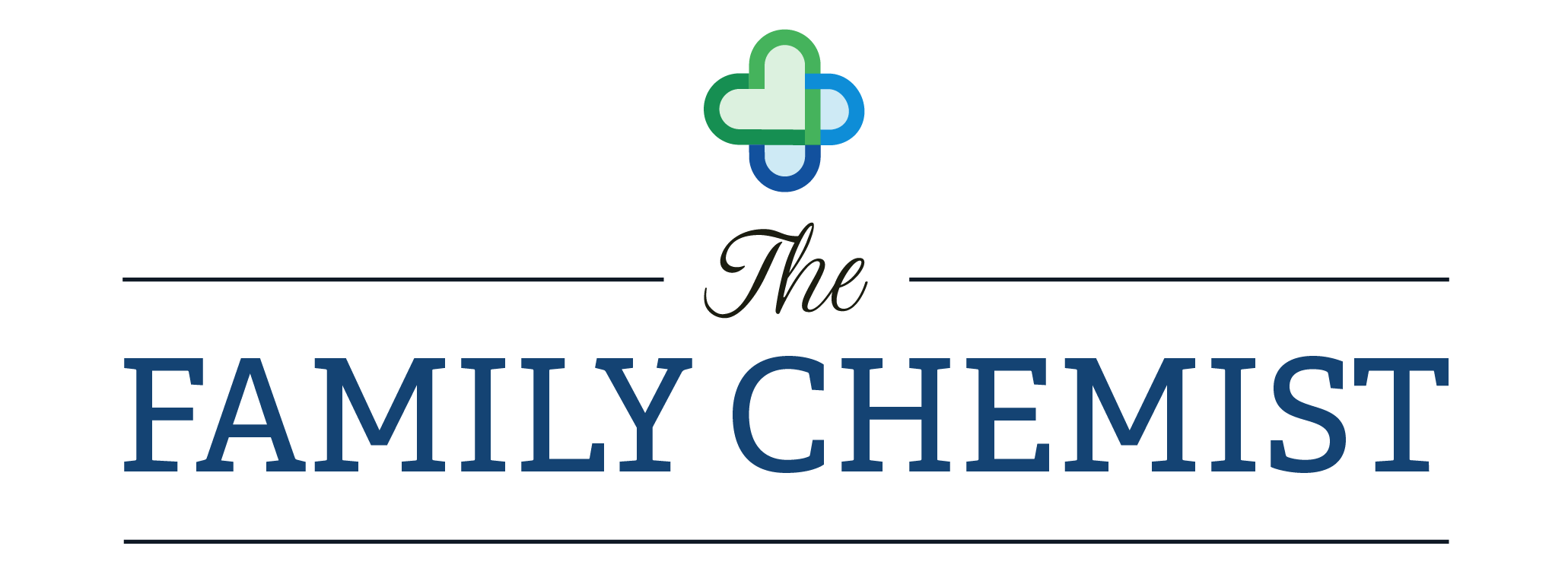Pharmacological Treatment vs. Herbal Treatment for Erectile Dysfunction: A Comparative Analysis

Erectile dysfunction (ED) is a pervasive condition that affects many men worldwide. The pursuit of effective treatments has led to the development of both pharmacological and herbal remedies. Both have their respective merits and demerits. Let’s explore a comparative analysis between these two approaches:
Mechanism of Action:
- Pharmacological Treatment: The most common pharmacological treatments for ED, such as sildenafil(Viagra) and tadalafil (Cialis), are phosphodiesterase type 5 (PDE5) inhibitors. These drugs enhance the effects of nitric oxide, a natural chemical the body produces to relax muscles in the penis, increasing blood flow and facilitating an erection.
- Herbal Treatment: The mechanism of action for many herbal remedies remains under study. For instance, ginseng is believed to produce nitric oxide, similar to PDE5 inhibitors. However, the exact mechanisms for many herbs remain not fully understood or are multifaceted.
Efficacy:
- Pharmacological Treatment: Clinical trials have consistently shown the efficacy of PDE5 inhibitors in treating ED, with success rates often exceeding 60-70%.
- Herbal Treatment: The efficacy of herbal treatments can be variable. While some studies have shown promising results for herbs like ginseng or maca, others require further validation. Their effectiveness is often anecdotal or based on traditional uses.
Side Effects:
- Pharmacological Treatment: Common side effects of PDE5 inhibitors include headaches, facial flushing, upset stomach, and visual changes. More severe side effects, though rarer, include priapism (a prolonged, painful erection) or hearing loss.
- Herbal Treatment: Herbal remedies generally have fewer side effects, but this doesn’t mean they’re risk-free. For instance, Yohimbe can lead to increased heart rate, high blood pressure, and anxiety. The lack of standardization in herbal preparations also means that side effects can be unpredictable.
Regulation and Quality Control:
- Pharmacological Treatment: Prescription medications are rigorously tested for safety and efficacy, undergoing multiple clinical trials before reaching the market. They’re also produced under strict quality control guidelines.
- Herbal Treatment: Regulation for herbal supplements is less stringent, leading to variability in potency and purity. This lack of standardisation can lead to differences in efficacy or even potential contamination.
- Accessibility and Cost:
- Pharmacological Treatment: These treatments, being prescription-based, can sometimes be costly without insurance. However, their accessibility is relatively high in most parts of the world.
- Herbal Treatment: Herbal remedies are usually more accessible and often more affordable than prescription medications. They’re readily available online, in health stores, or even in some supermarkets.
Holistic Approach:
- Pharmacological Treatment: These drugs address the physiological aspects of ED, specifically targeting the mechanics of an erection.
- Herbal Treatment: Many herbs used for ED also offer other health benefits. For instance, ginseng is believed to boost energy and reduce stress. The holistic nature of herbal treatments means they can benefit overall well-being, not just ED.
Conclusion:
Both pharmacological and herbal treatments offer potential benefits for those with ED. Pharmacological treatments have the advantage of rigorous scientific testing and standardization but come with potential side effects. In contrast, herbal treatments offer a more natural and holistic approach but lack the same level of scientific validation and regulation. As always, individuals should consult with healthcare professionals before starting any treatment for ED.
FAQs
- Are PDE5 inhibitors safe for everyone to use? No. While PDE5 inhibitors are safe for many individuals, they might not be suitable for people with certain medical conditions like heart disease or those taking nitrate medications. It’s essential to consult a physician before starting such treatments.
- How quickly can I expect results from pharmacological treatments for ED? Most PDE5 inhibitors start working within 30 minutes to 2 hours. However, they might require sexual stimulation to be effective. It’s recommended to follow the guidelines provided by the doctor or the medication’s instructions.
- Are there any interactions between herbal treatments and other medications? Yes, there can be interactions. For example, Yohimbe might interact with certain antidepressants and high blood pressure medications. It’s crucial to consult with a healthcare professional before combining any herbal treatment with other medications.
- How can I ensure the purity and quality of an herbal remedy? It’s advisable to buy herbal products from reputable suppliers or brands that have third-party testing to ensure product quality and purity.
- Can I combine both pharmacological and herbal treatments for ED? Combining treatments can increase the risk of side effects or adverse reactions. Always consult with a healthcare provider before mixing any treatments.
- Do lifestyle factors play a role in the effectiveness of ED treatments? Absolutely. A healthy diet, regular exercise, adequate sleep, and stress management can significantly influence the effectiveness of both pharmacological and herbal treatments for ED. Lifestyle changes can sometimes even reduce the severity of ED on their own.
- How long should I take herbal treatments for ED before expecting results? The time varies depending on the herb and the individual. Some might notice improvements within weeks, while others might need to take the herb for several months. It’s essential to consult with a healthcare professional and be patient when trialling herbal remedies.

